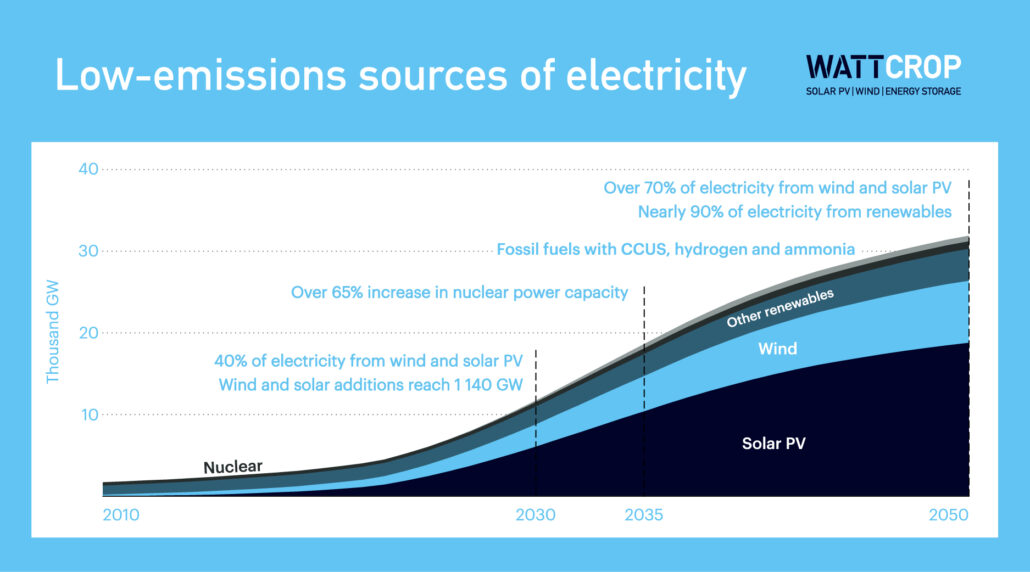On 30 November, the 28th UN Climate Change Conference, COP 28, started in Dubai. This promising conference will conclude on 12 December, after two weeks of negotiations.
At this critical juncture in the impact of the climate crisis, we all expect tangible commitments from political leaders. COP 28 should be the vehicle for changing the perception of the urgency to adopt measures and actions to address the climate crisis. Accelerating the energy transition from fossil fuels to more environmentally friendly forms of energy is not just a potential solution to the problem but the only one that can slow down and reduce the devastating effects of violent climate change, which is becoming more and more noticeable year by year.
But will this year’s conference result in tangible decisions and commitments from the vast majority of participants? Will plans and binding timetables finally be set that will give a concrete horizon for the realisation of this green transition?
When we talk about the gradual reduction and eventual phase-out of fossil fuels in the energy mix, we mean of course direct investments in networks and the change of the legislative framework that will allow both the integrated management of networks and the investment of significant private capital in the development of these infrastructures. Of course, humanity is directly dependent on hydrocarbons not only in terms of energy but also in almost every other commercial activity. Therefore this transition will have to be made in conjunction with many other changes in our mode of production and consumption habits as societies. In conclusion, therefore, we should understand that the intended transition is primarily a transition to a new socio-economic model.
It is now widely accepted that we will not be able to keep the temperature rise to 1.5 degrees Celsius. Participants at this year’s conference must come up with urgent and decisive action. They must promote significant changes that will limit the rise in global temperatures to dangerous levels. It is necessary to take measures that will address the existing and worsening consequences of the climate crisis and prevent further ones to come. The approach must be substantial and encourage the adoption of sustainable practices, the reduction of greenhouse gas emissions, and the protection of the environment.

The participation of Greece:
Among the participants is, of course, the Greek state. The Ministry of Environment and Energy states that Greece’s main objective is to strengthen efforts at the global level for climate-resilient and sustainable development. Greece, despite the positive steps it has taken in recent years, should proceed immediately to adopt the market’s proposals for legislative reforms. Furthermore, it should set conditions for healthy competitiveness in the energy market, protect consumers, and proceed to define a roadmap that will accelerate this energy transition, which will also create conditions for economic growth in the form of foreign direct investment and thousands of jobs.
Expectations are high and the anticipation of the decisions to be taken at the conference is justified. It is crucial to understand the importance of the forthcoming decisions for our lives, future generations, and the planet.
Hopefully, COP28 will be the turning point towards a more sustainable and environmentally friendly future. Let us realize our responsibility as a global community and adopt an attitude of solidarity with future generations.

